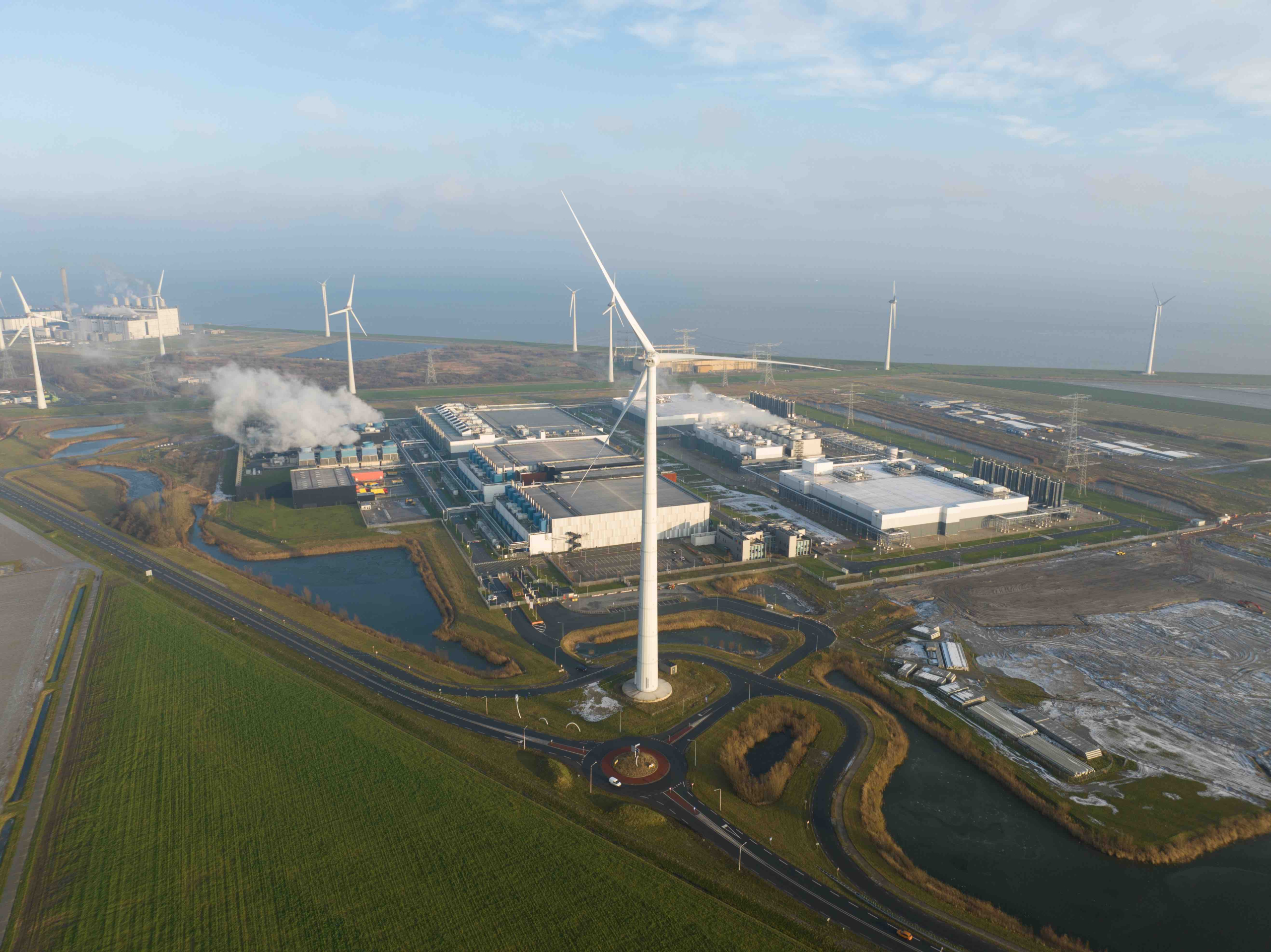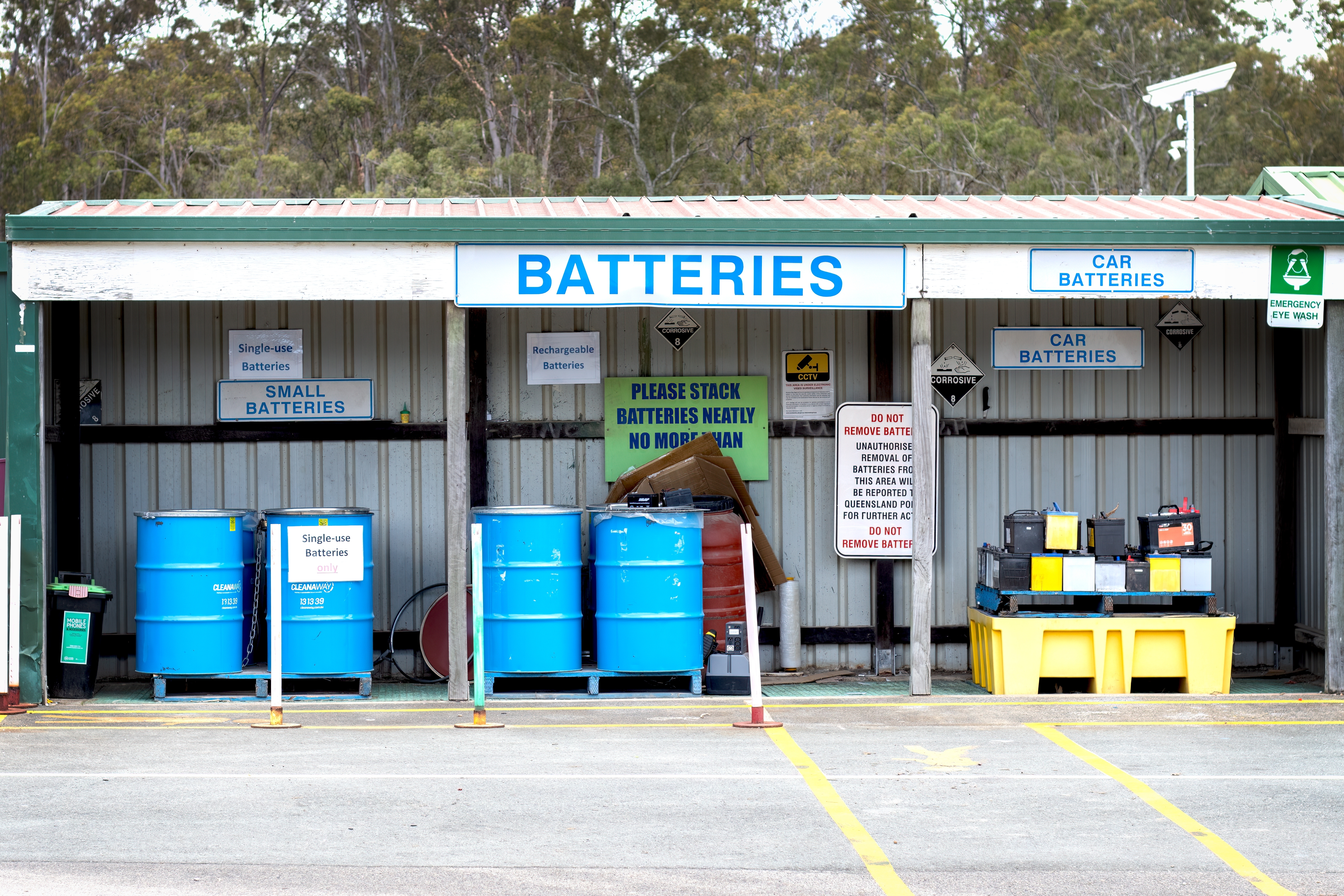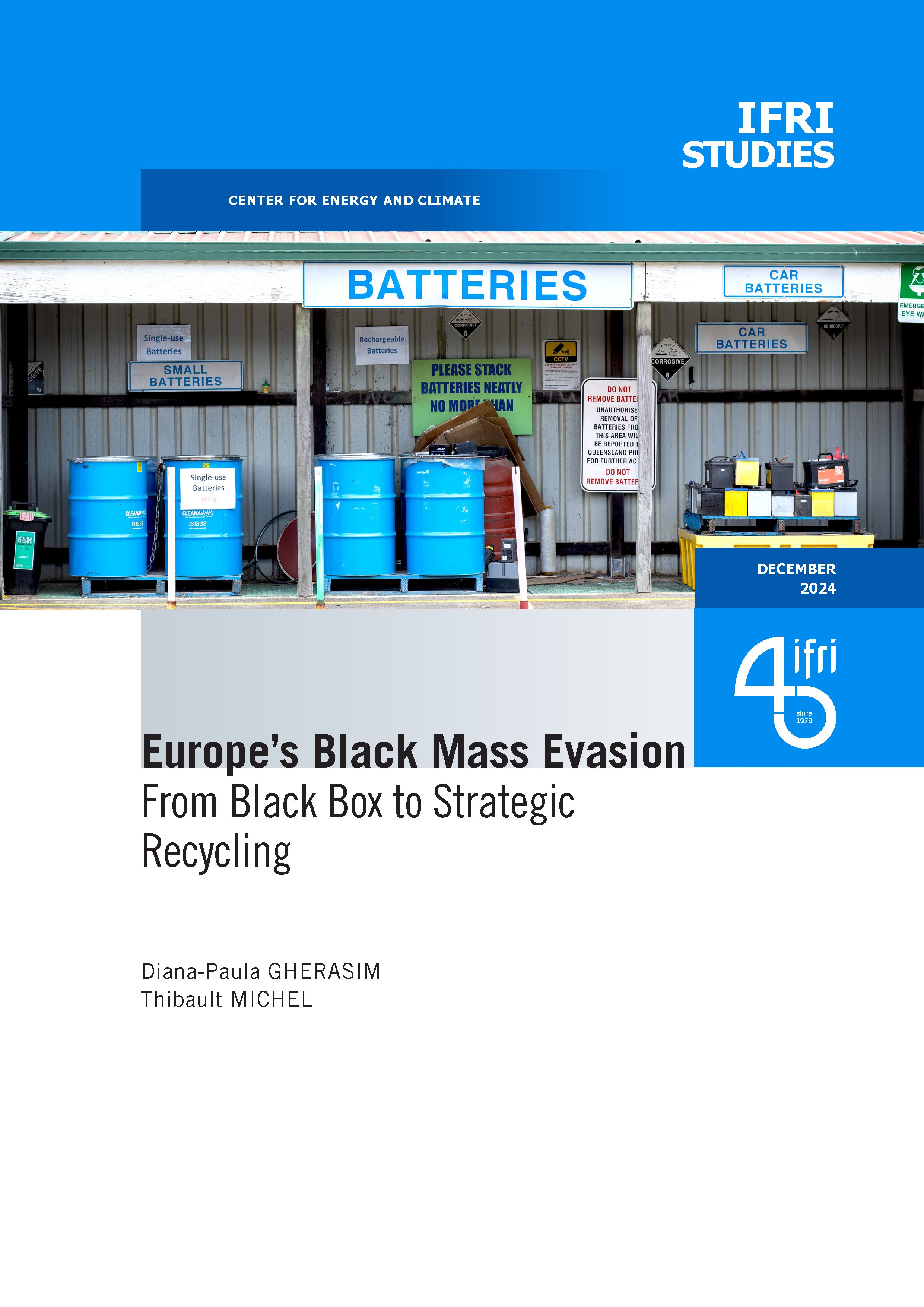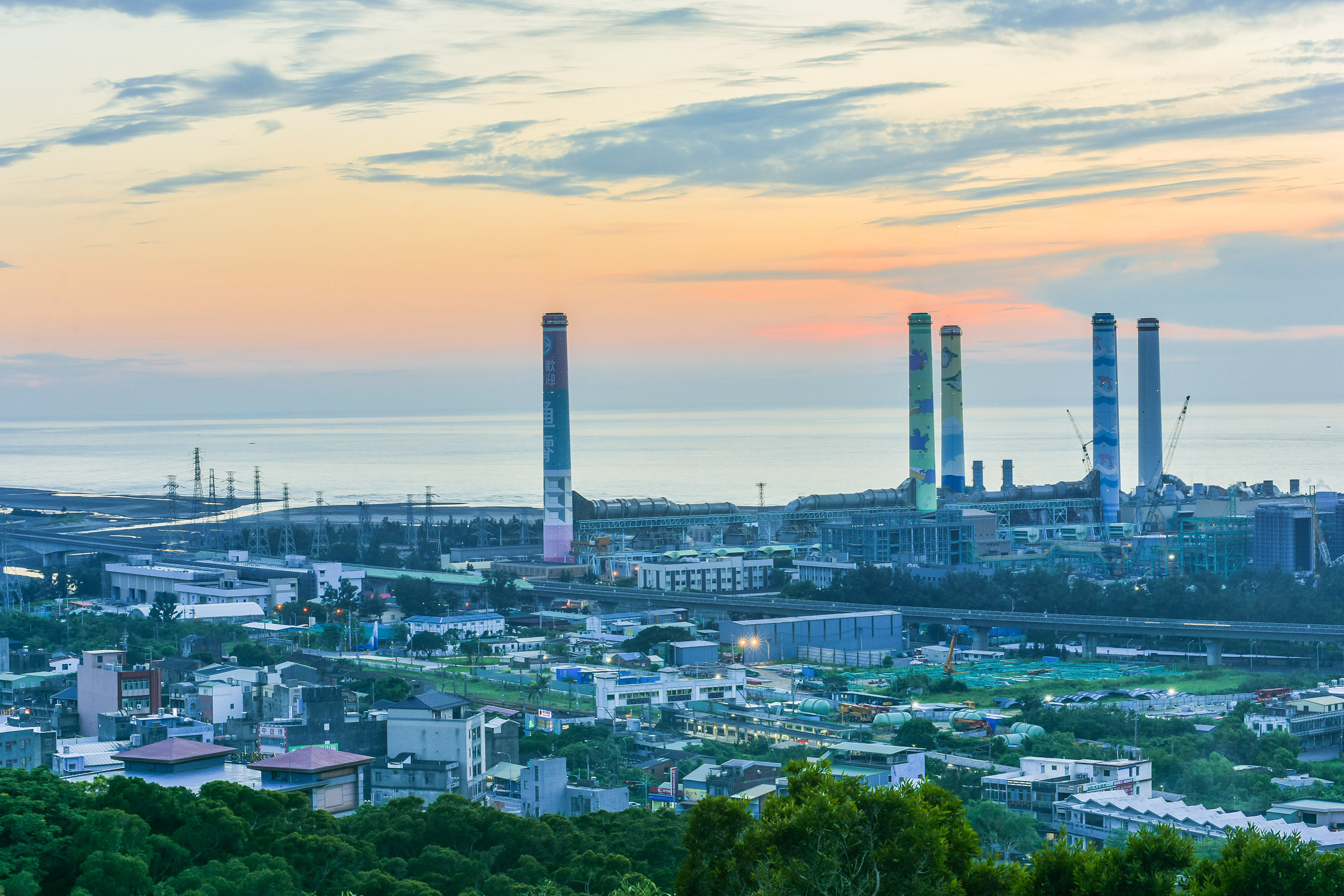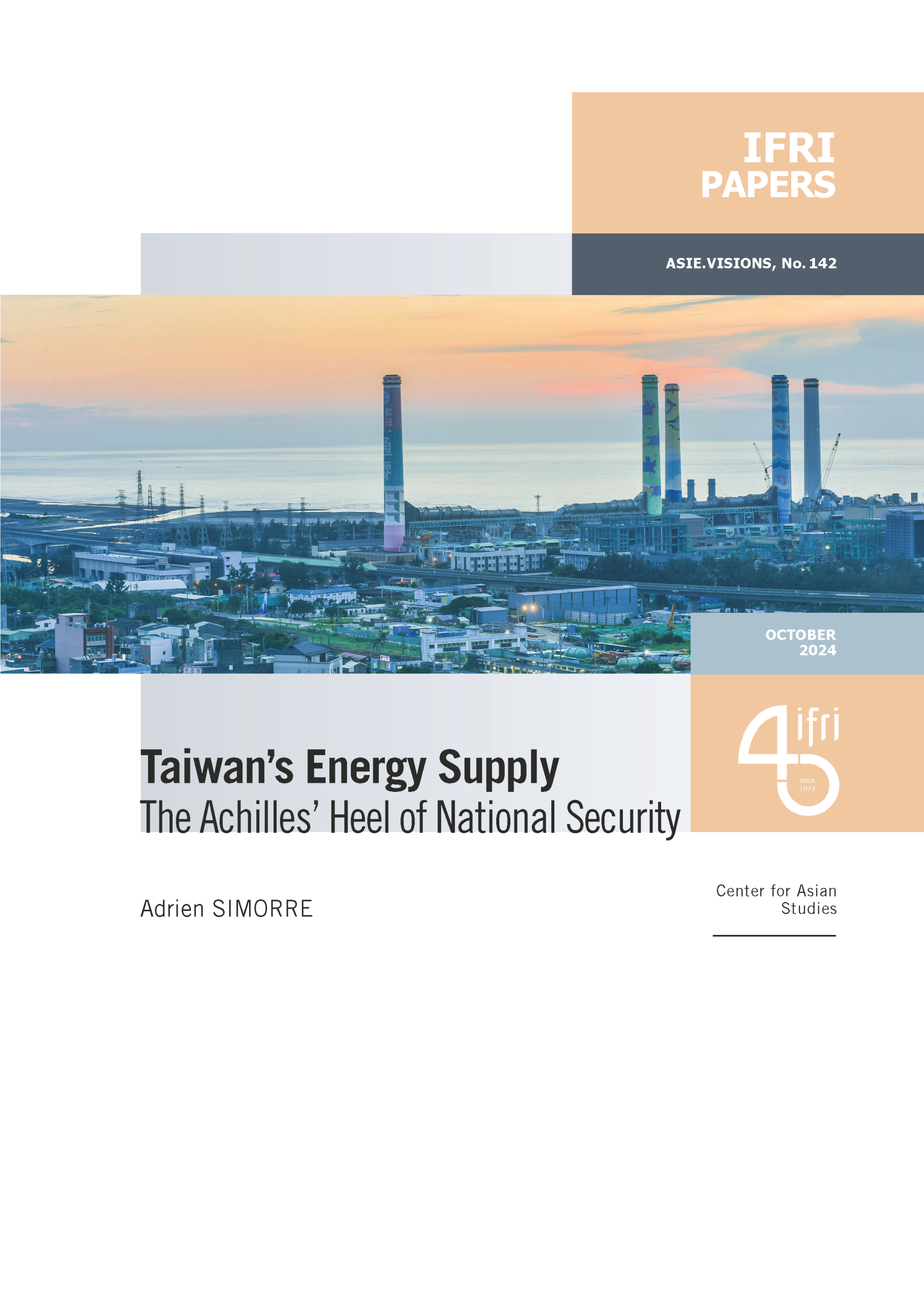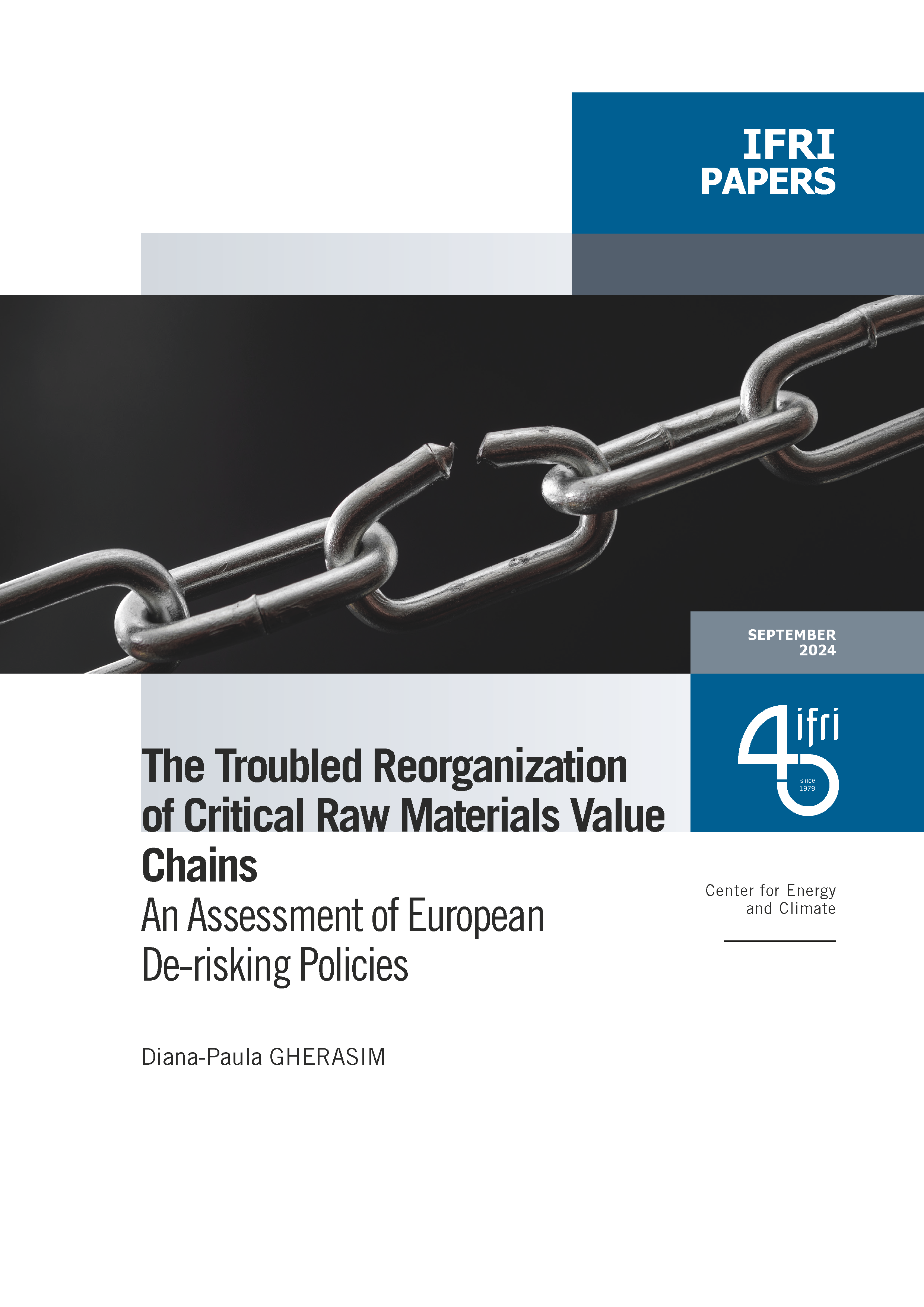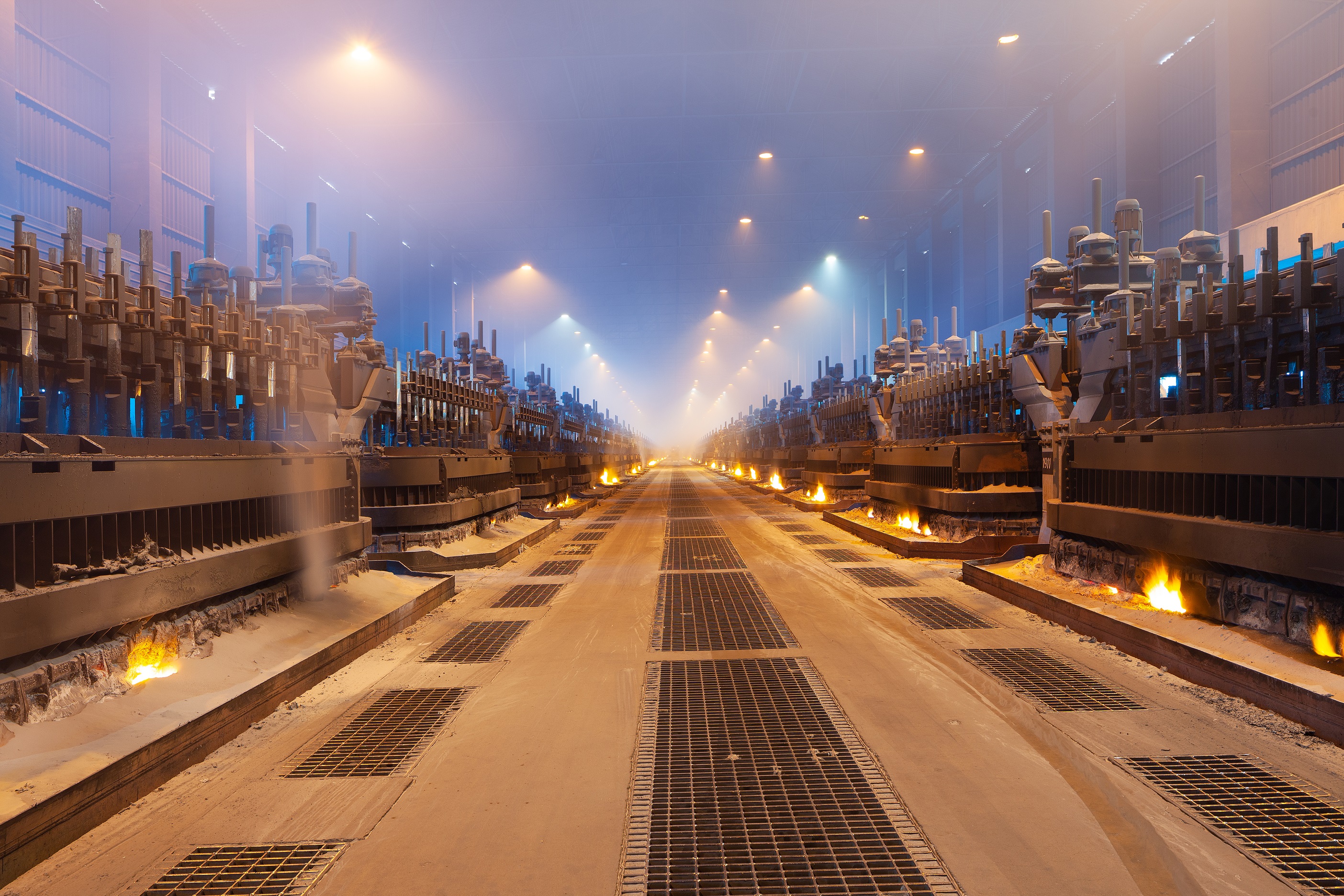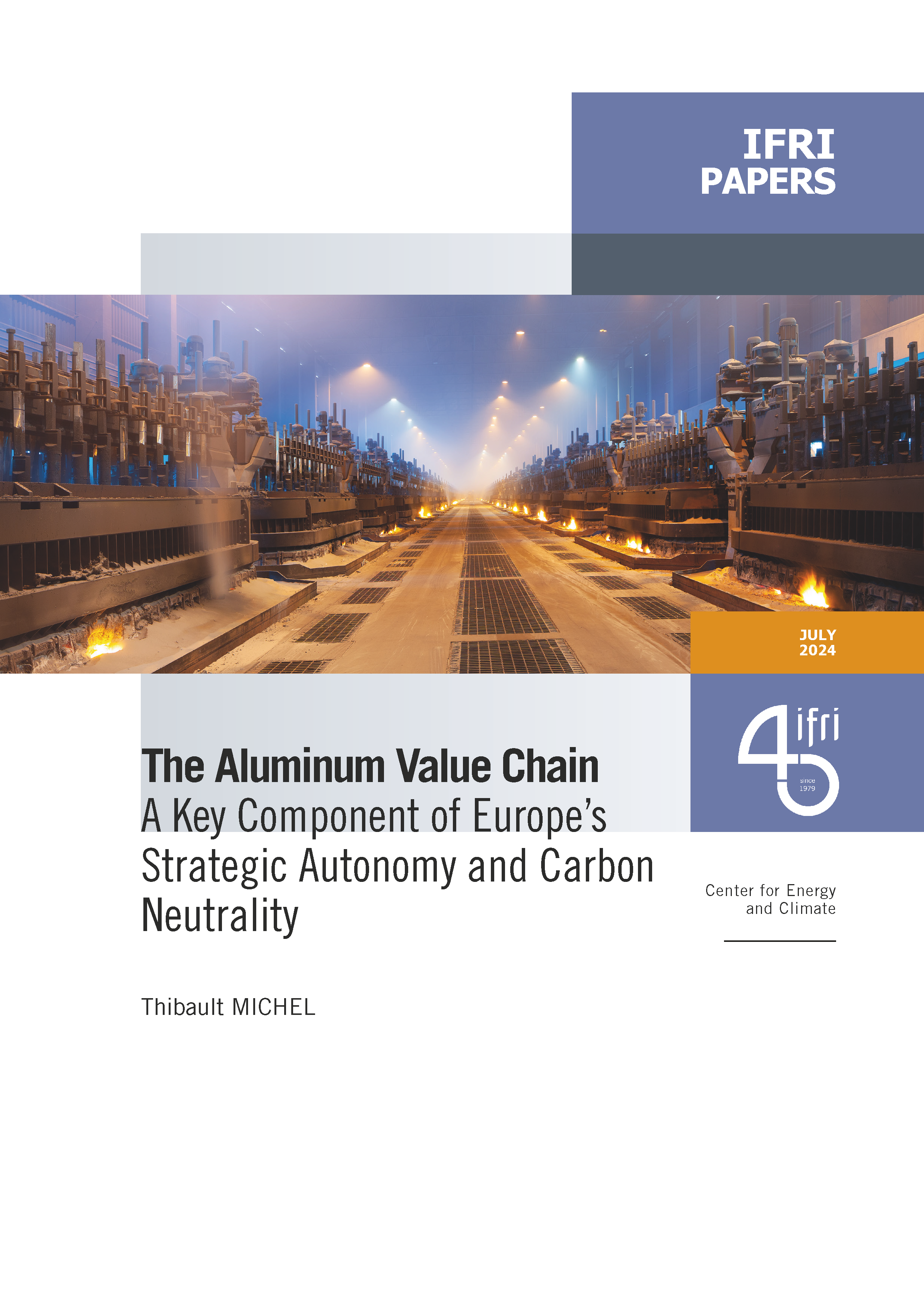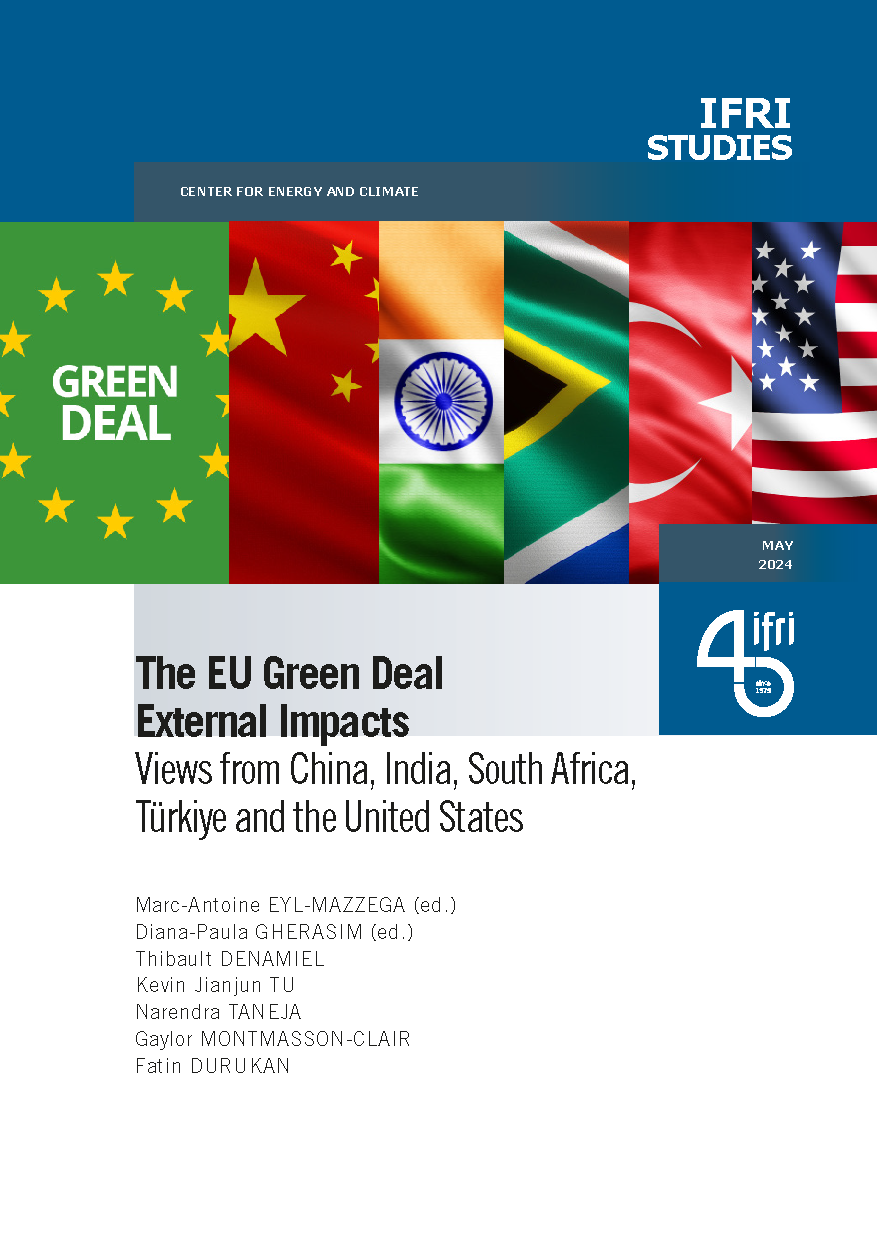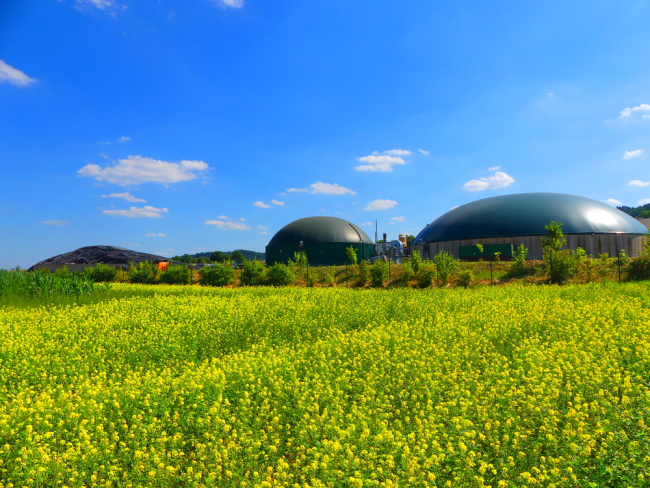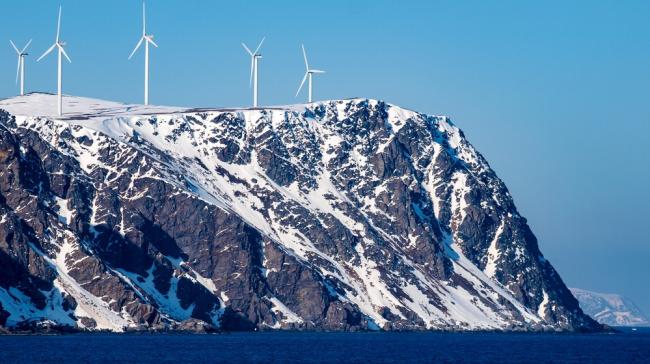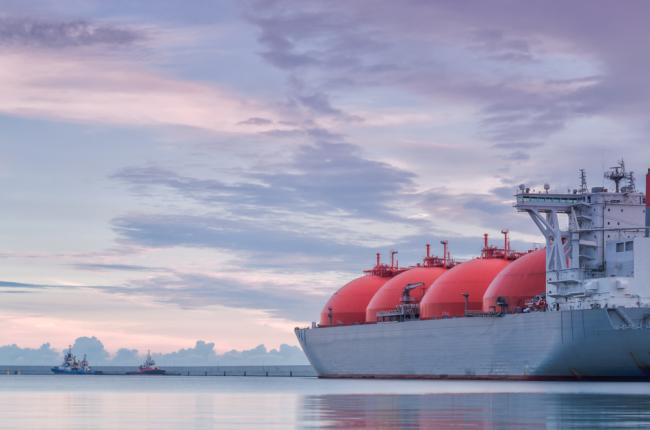Center for Energy & Climate
Ifri's Energy and Climate Center carries out activities and research on the geopolitical and geoeconomic issues of energy transitions such as energy security, competitiveness, control of value chains, and acceptability. Specialized in the study of European energy/climate policies as well as energy markets in Europe and around the world, its work also focuses on the energy and climate strategies of major powers such as the United States, China or India. It offers recognized expertise, enriched by international collaborations and events, particularly in Paris and Brussels.
Read more


Director, Center for Energy & Climate, Ifri
Publications
See all our interventions
Flagship Publications
Titre Bloc Axe
Research Areas
See all our interventions
Titre Axe de recherche
Geopolitics of Fossil Fuels
The Geopolitics of Fossil Fuels research axis within Ifri's Center for Energy and Climate deals with global geopolitical trends of the oil, gas and coal sectors, with a focus on short and longer term trends in demand and supply.
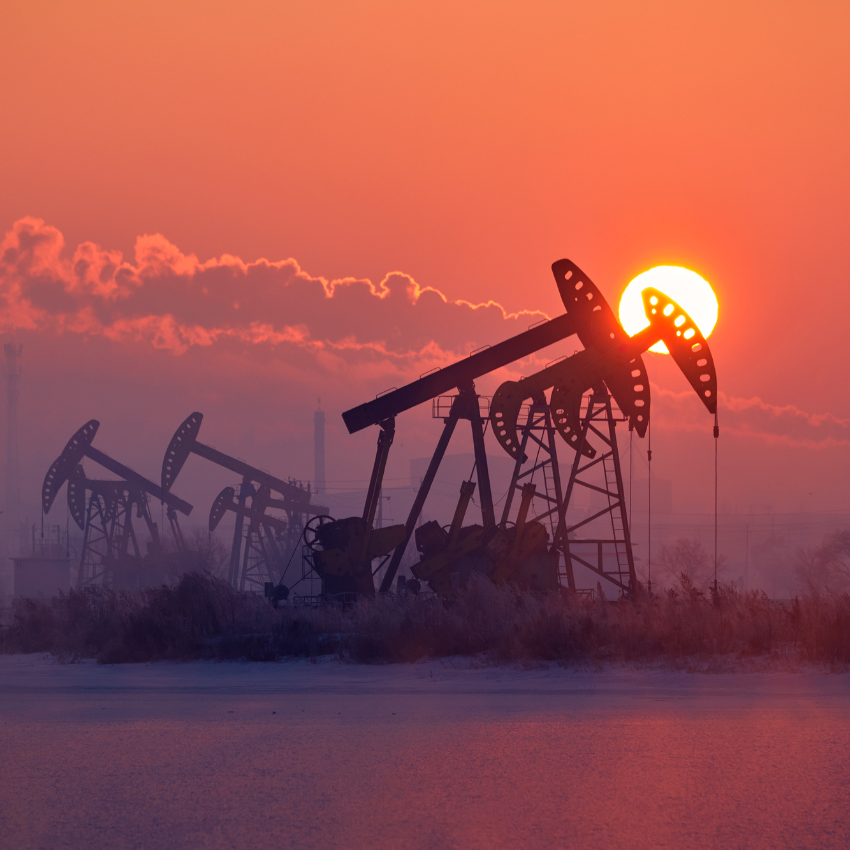
Titre Axe de recherche
Major Stakes of the Electricity Sector
The Major Stakes of the Electricity Sector research axis within Ifri's Center for Energy & Climate focuses on the economic and geopolitic transformation of the electricity sector, at French, European and global levels. A specific attention is devoted to the future of the nuclear industry and the strong development of renewable energy sources.
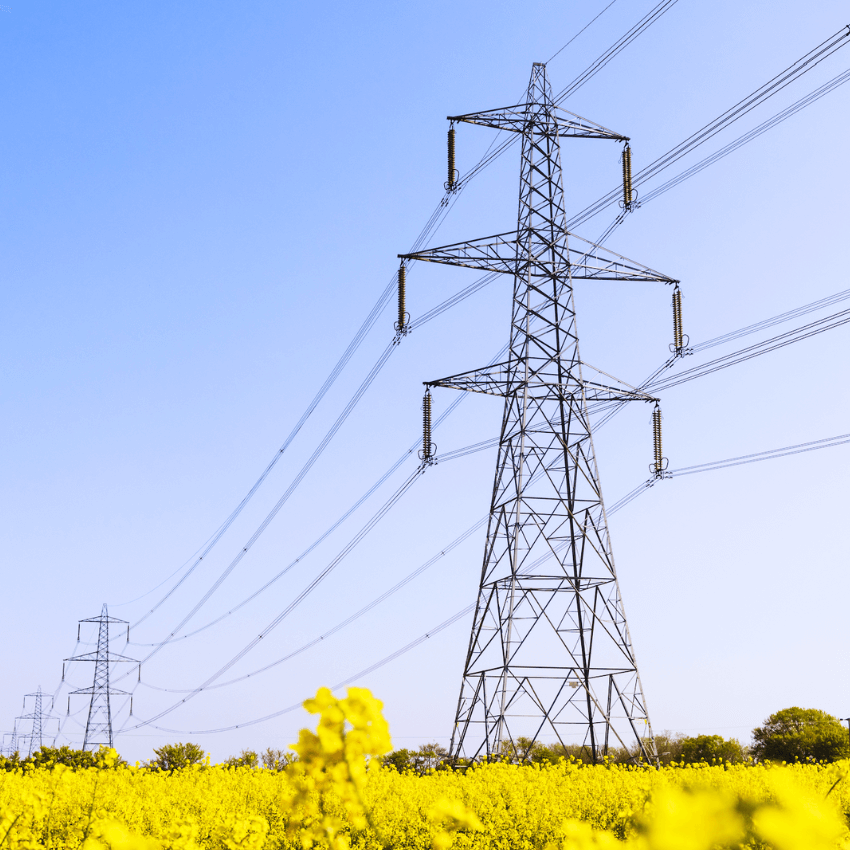
Titre Axe de recherche
European Energy Policy
The European Energy Policy research axis within Ifri's Center for Energy & Climate examines the major policy regulatory issues of the European internal and external energy policies, with a focus on the integration of energy markets and the deployment of low-carbon technologies.
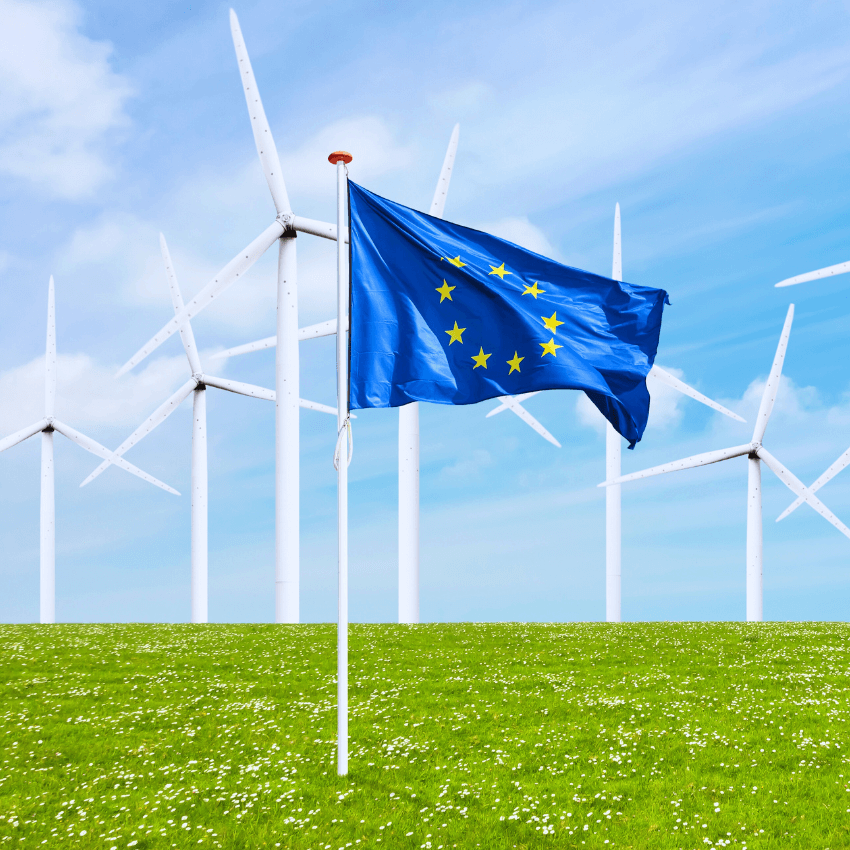
Titre Axe de recherche
Climate Policies and Energy Transition
The Climate Policies & Energy Transition research axis within Ifri's Center for Energy & Climate deals with the climate change policies adopted at national levels, as well as the positions of the main emitting countries in the international climate negotiations. In particular, this area focuses on the implementation of the Paris Agreement on climate and global efforts to reduce green-house gas emissions to limit the increase of temperature at +1,5° by 2100.
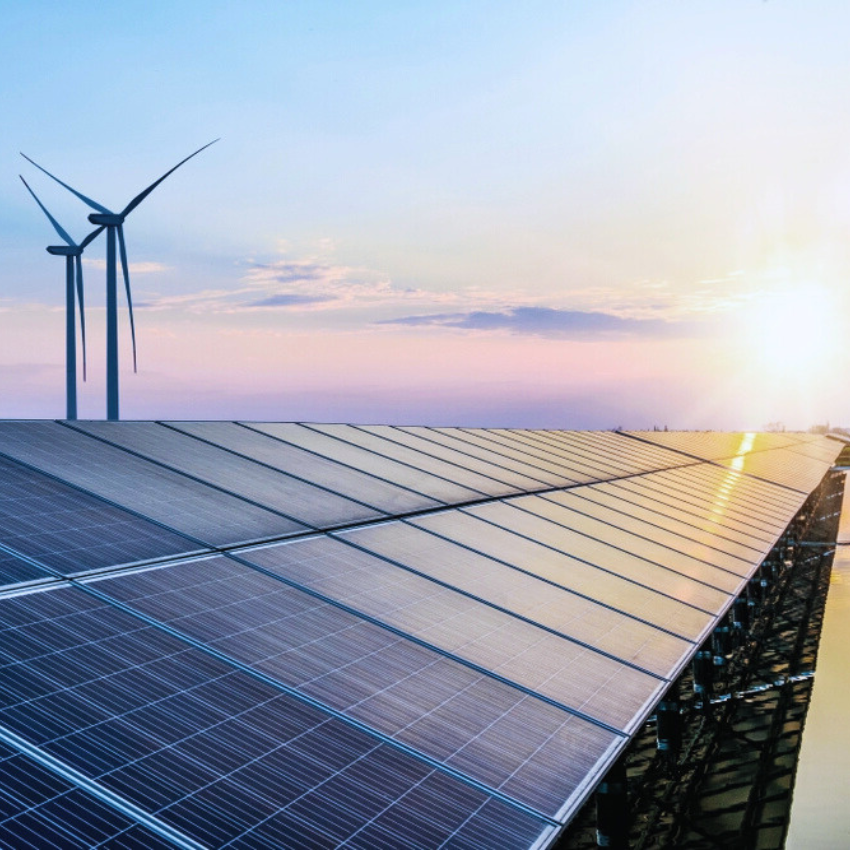
The Team

Our research fellows: Center for Energy & Climate
Publications
Russia-Ukraine Gas Relations: The Mother of All Crises or a New Start to 2030?
Ten years after the January 2009 gas crisis, Russian-Ukrainian gas relations are at another turning point: the then concluded contracts are terminating on 31 December 2019. While trilateral talks brokered by the European Commission (EC) have started in July 2018, the real negotiations about the future of this relationship can be expected to start no earlier than in December, that is in the midst of the winter and a second to midnight. Crucial months lie ahead.
Biogas and Biomethane in Europe: Lessons from Denmark, Germany and Italy
At a time when the European Union (EU) is discussing its long-term climate strategy and drafting new legislation to foster the decarbonization of its gas sector, a close look at the experience of Denmark, Germany and Italy with renewable gas production can provide valuable lessons.
The US-EU Rivalry for Data Protection: Energy Sector Implications
The General Data Protection Regulation and the energy sector
The Arctic: Critical Metals, Hydrogen and Wind Power for the Energy Transition
According to a 2008 estimate, the Arctic hosts approximately 412 billion barrels of oil equivalent of conventional oil and gas resources. And since then, following the so-called shale revolution and technology improvements, numbers have gone even higher.
Deep Seabed Mining of Critical Metals: Strategic and Governance Challenges
Interest in deep seabed mining is growing due to the increasing in global demand for metals and recent technological progress. Critical metals are used in low carbon energy technologies, as well as in the mobility, electronics and the defense industries. Metals become strategic when they are essential to the economy of a state, its defense and energy sector and when their supply presents high risks. Uneven distribution of resources and differences in cost of production have led to a market characterized by oligopolies (China for rare earth elements, or the Democratic Republic of Congo for cobalt). As the remaining onshore resources of critical metals appear complex and costly to exploit, attention has been shifting to deep sea resources.
The need for a strategic recycling approach to take up the challenge of critical metals
In September 2010, China stopped all exports of rare earths and associated products to Japan, depriving Japan’s industry of essential raw materials. This decision highlighted the tensions around the trade of critical materials and China’s monopoly on a group of particular metals. Western countries had already taken some initiatives so as to reduce, or at least to analyse their vulnerabilities in the segment of critical materials.
Mexico’s Energy Reforms at Risk?
Mexico’s Energy Reform (hereafter, the Reform) enacted on December 20th 2013, and the Secondary Laws adopted on August 11th 2014, marked a milestone in the history and the development of the Mexican energy sector.
These major changes were unexpected considering that multiple sectorial reforms pursued since the 1990s had systemically failed to address the structural problems which had been mounting over the years.
The US Oil Embargo on Iran: A New Oil Shock?
The 14 July 2015 Vienna agreement on Iran’s nuclear activities (Joint Comprehensive Plan of Action – JCPoA) was a game changer on the geopolitics in the Middle East and for the oil market. The oil sanctions were lifted and Iran increased significantly its production and exports. On 8 May 2018, President Trump announced that the United Stated (US) would withdraw from the agreement. Financial sanctions were reintroduced. From 5 November 2018 onwards, further sanctions will be re-imposed more specifically on petroleum related transactions, including the purchase of petroleum, petroleum products and petrochemical products. What could be the impact of this new embargo? Is there a risk of a new oil supply and price shock?
The Next Wave of Global LNG Investment Is Coming
With an annual growth of 10% in 2017 to 290 million tons (Mt) and 8.3% in the first half of 2018, Liquified Natural Gas (LNG) demand is rising faster than expected. Accounting for 44% of global demand growth in 2017, China is the main driver of the growth as the government has made natural gas a key policy choice to reduce air pollution and restructure its high-carbon energy mix.
Booming Prices on the European Emission Trading System: From Market Oversupply to Carbon Bubble?
Since its creation in 2005, the European emission trading system (EU ETS) has been through several periods of turmoil. With emission allowances (EUA) averaging around 7 euros per ton from 2012 to 2017, European Member States have been trying to remedy the depressed price signals successively through market design reforms at both European level (backloading, market stability reserve) and national level, with the UK introducing a carbon price floor for its domestic power sector in 2013.
Support independent French research
Ifri, a foundation recognized as being of public utility, relies largely on private donors – companies and individuals – to guarantee its sustainability and intellectual independence. Through their funding, donors help maintain the Institute's position among the world's leading think tanks. By benefiting from an internationally recognized network and expertise, donors refine their understanding of geopolitical risk and its consequences on global politics and the economy. In 2024, Ifri will support more than 70 French and foreign companies and organizations.








